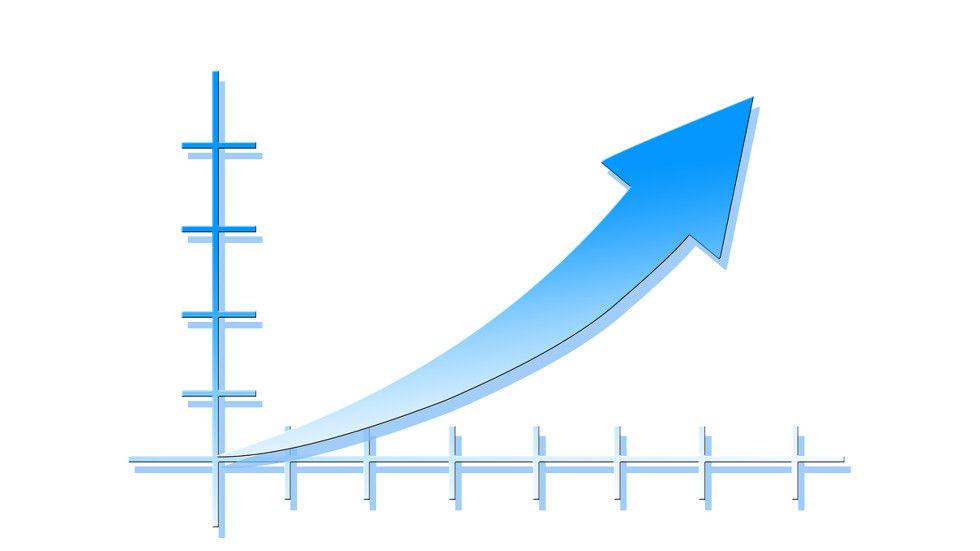The structure of the Slovene economy has changed profoundly over the last decade, says Janez Škrabec from Riko: "Micro, small and medium sized companies constitute an increasingly strong backbone in our economy. We are developing a structure closer to that of Germany, Austria, Switzerland, the Scandinavian countries. And it is precisely this structure that will ensure a more robust, long-term growth."
Despite this fact, value added in Slovenia is still based, far too much, on the production of simple products. "We are not managing to sell our products in the way that some of our competitors do. The index shows that Slovenia considerably lags behind in this field," commented Sibil Svilan (SID bank).
Slovenia needs to keep or attract highly professional staff. Only in this way will our competitiveness improve, states Blaž Brodnjak from NLB. "This means we have to attract and keep the greatest talents. And pay them accordingly. What is going on with Slovenian Sovereign Holding is mindbogglingly absurd. Just look at the political reaction to the salary adjustments, which are not even close to normal levels."
Taxation policy is certainly hindering our development, agrees Žiga Vavpotič (Outfit7). ‘It is untenable that a Slovene employer needs to pay 23,000 euros for a top professional, so that this person can get paid 9,000 euros after tax. This is precisely the reason why Outfit7 is based in Cyprus and not in Slovenia."
"We want to pay people well here, but Slovenia is making this impossible; unless we of course manage to find workarounds. Private entrepreneurs paying flat-rate make a nice story, invented by politicians to ease their social peace. But if you are a serious company, you will simply not play this game," adds Vavpotič.


































































